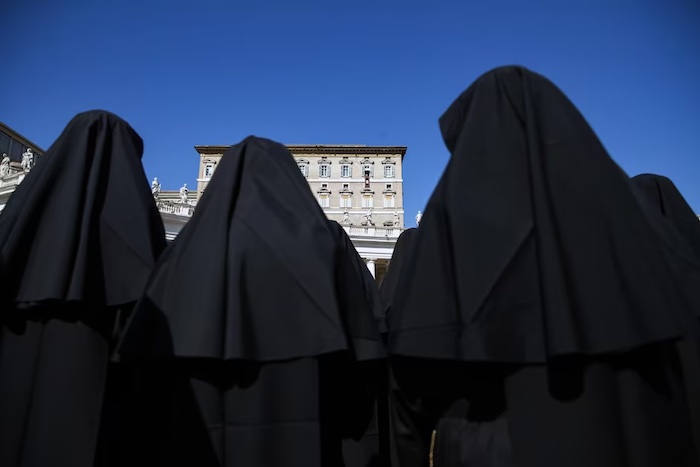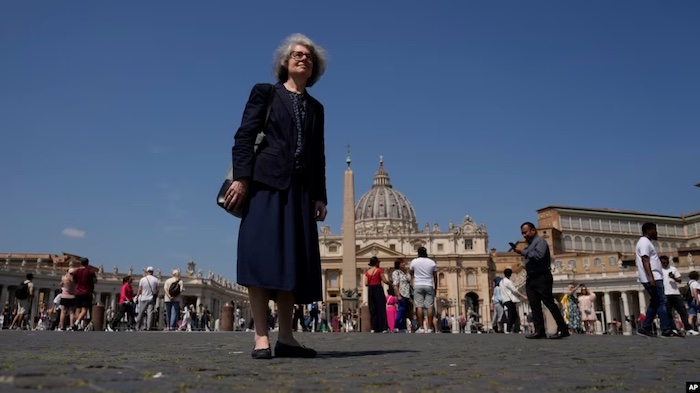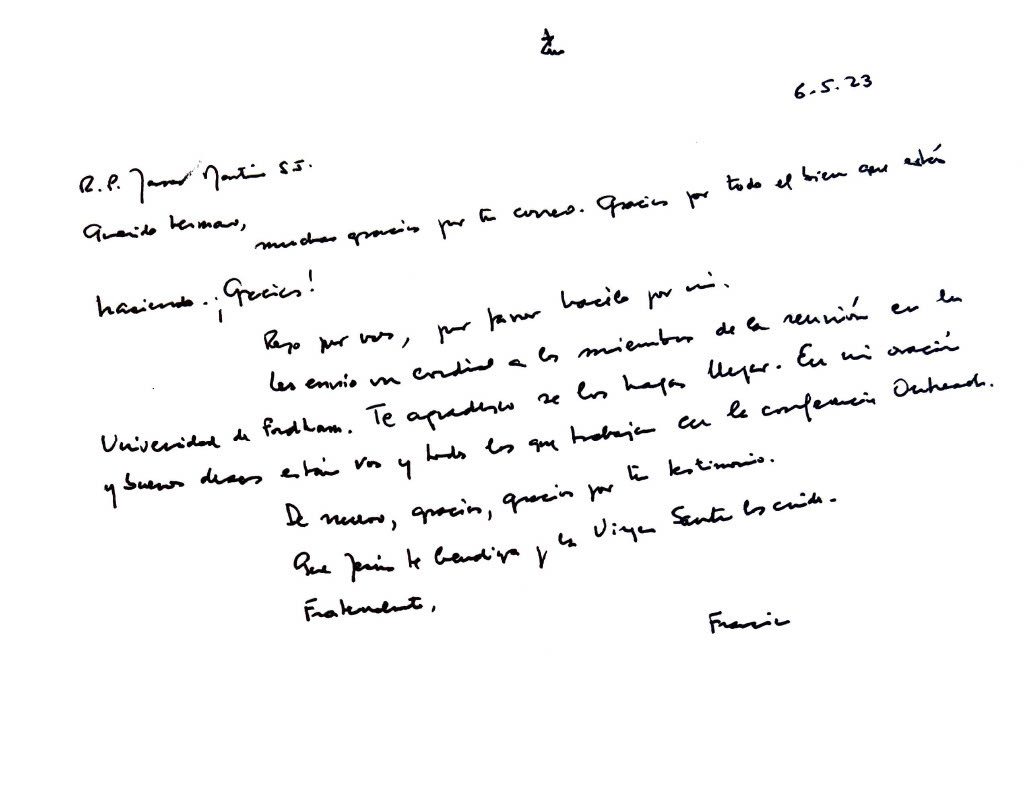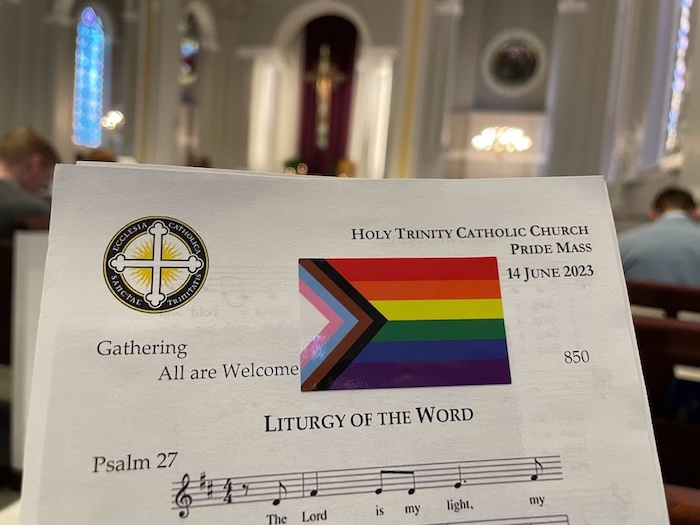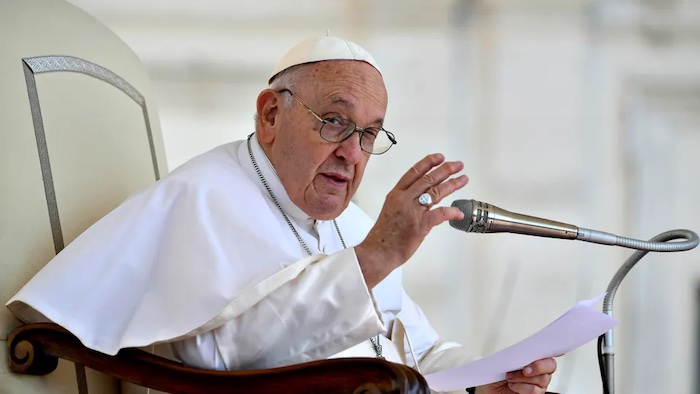
The Vatican on Tuesday released the results of a two-year canvassing of churches around the world that showed that rank-and-file Catholics want more rights for women in the clergy, justice for victims of widespread sexual abuse within the church and acceptance for previously shunned groups, including divorced and remarried and LGBTQ+ parishioners—but it’s unclear how the Vatican will act on the findings.
Key Facts
The document raises several key questions brought forward by members of worldwide parishes: Should women be ordained deacons in the church, should married priests be allowed to serve where there is a clergy shortage, how can the church better welcome LGBTQ+ members and should the church’s current hierarchy be restructured in the wake of the clergy sexual abuse crisis?
The prospect of allowing women to be ordained as priests was not discussed, but the document found a “unanimous” and “crucial” call for women in positions of power.
The Vatican also said parishioners wanted “radical inclusion and acceptance” of LGBTQ+ people, minorities and poor people, and called to “reform structures, institutions and functioning mechanisms” that have allowed high-level clergy to get away with abuse.
This marks the first time the Vatican has used the phrase “LGBTQ+ Catholics” instead of “persons with homosexual tendencies,” the Associated Press reported, suggesting a new level of acceptance.
The church acknowledged that its credibility has been “eroded” in the wake of abuse scandals, which include sexual abuse at high levels as well as “abuse of power, money and conscience,” suggesting “conversion and reform” as ways to prevent future abuses and vowing to place “great emphasis on learning to exercise justice” for victims—but it didn’t specify concrete steps.
The study, called the Instrumentum laboris, is meant to be the starting document for the General Assembly of the Synod on Synodality–what the Pope calls his vision of a less bureaucratic church–which begins in the Vatican in October 2023.
Key Background
The Catholic church has been in crisis for more than two decades as a growing overall disinterest in organized religion collided with the 2002 breaking of the sexual abuse scandal in the church by the Boston Globe. The Globe’s investigation into the Boston Archdiocese launched similar efforts across the country and the world, which in turn revealed a disturbing pattern of sexual abuse and cover-ups within the church. About 20 state attorneys general have mounted investigations that have cataloged decades of abuse by hundreds of clergy members, the New York Times reported. Americans’ membership in houses of worship has been dropping for decades, but the Catholic church has been hit the hardest, according to Gallup. Meanwhile, Pope Francis has expressed more support of LGBTQ+ people than anyone in the position before. He was hailed as revolutionary in 2013 when he responded to question about the topic of gay parishioners with a casual “Who am I to judge?” The comment was a stark juxtaposition to the actions of his predecessor, who had banned gay priests. Pope Francis went on to say earlier this year that homosexuality is not a crime, but has maintained the traditional stance that acting on homosexual urges is a sin and has said the Roman Catholic Church cannot bless same-sex marriages.
Big Number
95%. That’s how many dioceses are expected to have been affected by the sexual abuse of children by Catholic priests and deacons, a study by John Jay College found. Of the 195 dioceses and eparchies that participated in the study, all but seven reported that allegations of sexual abuse have been made against at least one priest.
What To Watch For
Francis last year announced a plan to restructure the Vatican toward “transparency and coordinated action.” The Pope is looking to move toward a “synodal Church,” according to Vatican News, which is broken down into three main themes: growing in communion by welcoming everyone; valuing the contribution of any church member, rather than just ordained clergy; and restructuring the church toward more communal government.
Complete Article ↪HERE↩!

